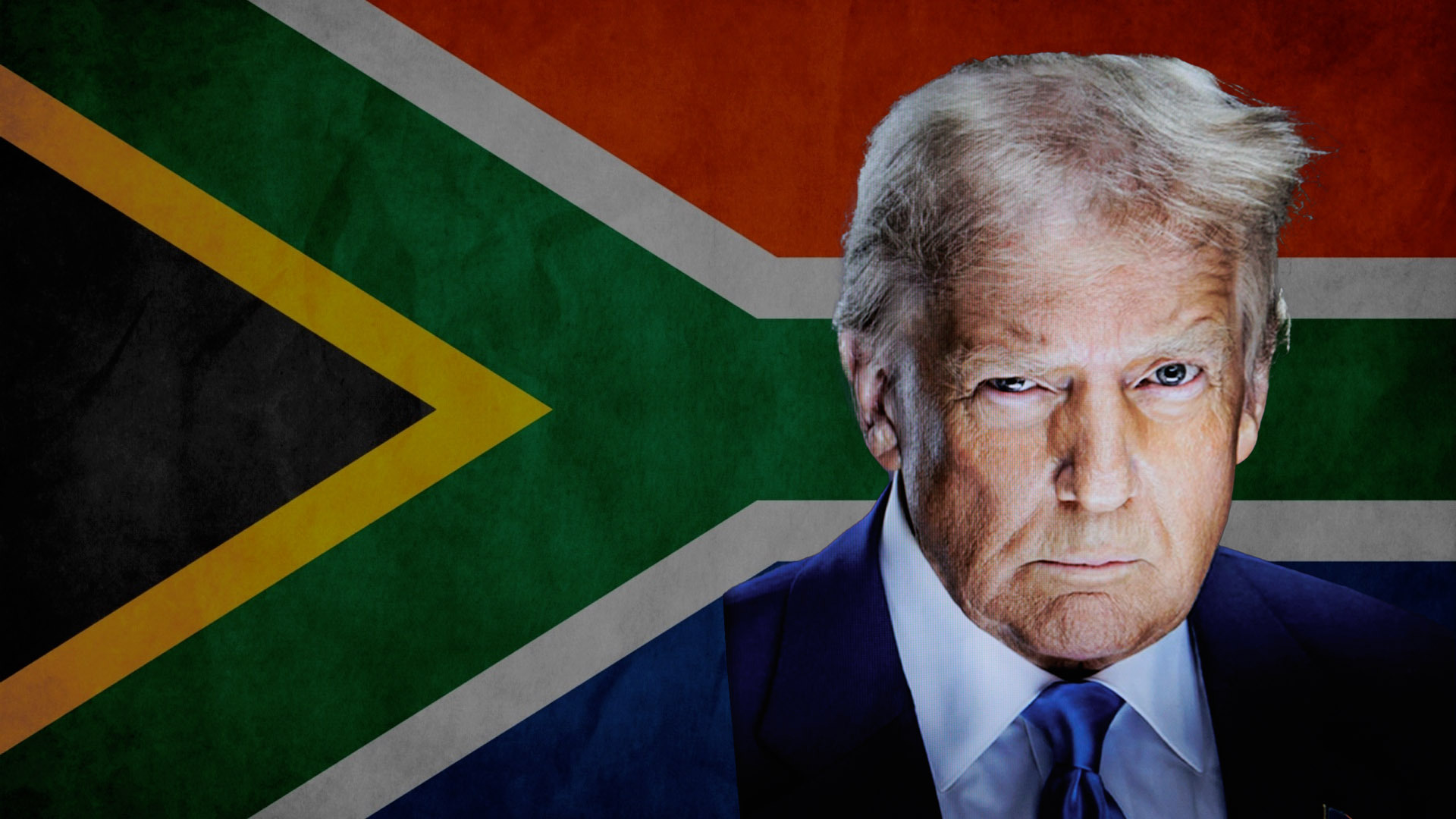Africa
What explains Trump’s fixation on South Africa?

Understanding the Complexities of Global Conflicts and Disinformation
1. Introduction to Trump’s Executive Order
In a significant move, former President Donald Trump issued an executive order cutting aid to South Africa, citing human rights abuses against white farmers. This decision sparked global debate, with many questioning the accuracy of these claims. Experts such as Herman Wasserman, Redi Tlhabi, Ruth Hall, and Zaid Jilani have weighed in, providing context on the historical land disputes and racial tensions in South Africa. The situation highlights the intricate dynamics of land ownership and the lingering effects of apartheid, which continue to shape the nation’s socio-political landscape.
2. The Situation in South Africa: Land and Racial Tensions
South Africa’s history of apartheid has left deep scars, particularly in land ownership. The current tensions stem from disputes over land redistribution, aimed at addressing historical injustices. While some argue that white farmers face targeted violence, experts point out that crime affects all communities. The narrative of persecution may be overstated, suggesting political motives behind Trump’s decision. Personal stories of affected farmers and communities illustrate the human impact of these policies and the broader implications for U.S.-South Africa relations.
3. The Israeli-Palestinian Conflict and the Gaza Treatment
The Israeli-Palestinian conflict has escalated with airstrikes in the West Bank, raising concerns about the "Gaza treatment"—a term implying severe military measures. Experts like Ryan Kohls highlight the potential for further violence and the implications for regional stability. Historical context reveals decades of conflict, with recent escalations fueled by political hardliners. The term "Gaza treatment" evokes fears of widespread destruction and civilian casualties, as seen in Gaza, underscoring the humanitarian crisis and challenges to peace negotiations.
4. The Impact of Disinformation in Post-Assad Syria
Post-Assad Syria faces a daunting challenge: rebuilding trust amidst widespread disinformation. Experts Ahmad Primo, Fadah Jassem, and Loubna Mrie discuss the transition’s difficulties, includingLegacy issues from Assad’s regime. Personal stories of Syrian journalists and activists reveal the risks in combating disinformation. The role of social media in spreading false narratives complicates efforts to establish a credible government, emphasizing the need for media literacy and independent journalism.
5. The Role of Media and Journalism in Conflict Zones
Media plays a crucial role in shaping perceptions of conflict. In both the Israeli-Palestinian conflict and Syrian transition, journalists face challenges in reporting accurately. Experts highlight the importance of ethical journalism in mitigating disinformation. The personal risks faced by journalists underscore the need for international support and press freedom advocacy. Media literacy emerges as a vital tool in discerning truth amidst propaganda.
6. Conclusion: Broader Implications and Moving Forward
The aid cut to South Africa, the Israeli-Palestinian escalation, and Syria’s disinformation challenges highlight global interconnections. Addressing these issues requires understanding historical contexts, supporting ethical journalism, and promoting media literacy. Each situation underscores the need for nuanced approaches, international cooperation, and empathy for affected communities. Moving forward involves learning from past mistakes and fostering trust to navigate an increasingly complex world.











